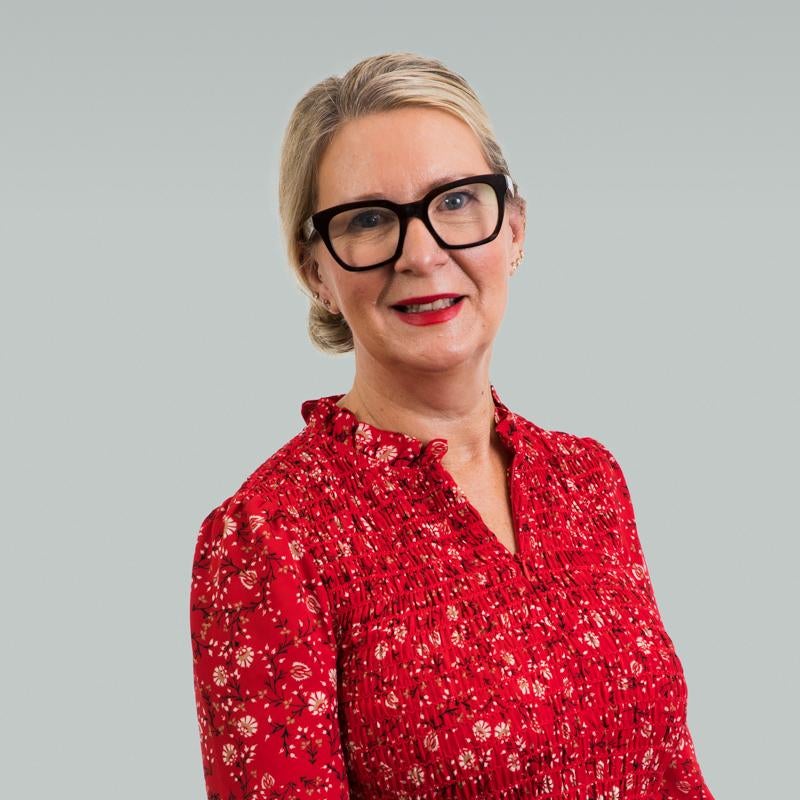The Palace of Nations was built in the aftermath of the First World War overlooking Lake Leman in Geneva, to serve as the headquarters of the League of Nations, forerunner of the United Nations. The "E" building was added later, in 1973 as an annex at the back of the palace with a large round, bunker-like, conference room.
It’s easy to let your mind wander and imagine world leaders packed in the windowless conference room debating international sanctions against an "unfriendly" peer, or a humanitarian action far from the quiet waters of Lake Leman. It’s harder to imagine that in such a place delegates from around the world would utter words such as: IFRS, IPSAS, corporate reporting, audit quality, and professional qualification.
Nevertheless it happens every year in autumn during the annual session of the United Nations Conference on Trade and Development Intergovernmental Working Group of Experts on International Standards of Accounting and Reporting.
This year was the 32nd session of the working group and it focused on two main topics: key foundations of high-quality reporting, international audit and assurance requirements and good practices on their implementation. And review of good practices on enhancing the role of corporate reporting in attaining sustainable development goals.
These are all familiar themes, but suddenly technical issues and topics which the profession deals with on a daily basis are looked through the lens of geopolitics.
Coincidentally, geopolitics seems to have been the recurring theme in the last few months of this year as 2015 ended with the United Nations Climate Change Conference in Paris. The summit culminated in an agreement by 195 nations to attempt to cut greenhouse gas emissions to a level that will limit the global average temperature to an increase "well below" 2ºC compared to pre-industrial levels, a level of warming deemed to be the point when climate change could threaten life.
How well do you really know your competitors?
Access the most comprehensive Company Profiles on the market, powered by GlobalData. Save hours of research. Gain competitive edge.

Thank you!
Your download email will arrive shortly
Not ready to buy yet? Download a free sample
We are confident about the unique quality of our Company Profiles. However, we want you to make the most beneficial decision for your business, so we offer a free sample that you can download by submitting the below form
By GlobalDataDespite some relief when the agreement passed, criticisms were quickly voiced. Naomi Klein, author of This Changes Everything, said the deal was too little too late.
"I couldn’t watch for long. It’s a very strange thing to cheer for setting a target that you are knowingly failing to meet," she told the Huffington Post. "It’s like going: ‘I acknowledge that I will die of a heart attack if I don’t radically lower my blood pressure. I acknowledge that in order to do that I need to cut out alcohol and fatty foods and exercise every day. I therefore will exercise once a week, eat four hamburgers instead of five and only binge drink twice a week and you have to call me a hero because I’ve never done this before and you have no idea how lazy I used to be.’"
But after all why should accountants care about world leaders signing a deal on sustainability and climate change. Well, whether they want it or not, natural resources are increasingly considered as assets to businesses and the public at large, and if they are assets someone will have to value them and report on them. This could be an accountant’s job.
This was actually debated more in-depth at the Natural Capital Forum which took place in Edinburgh just before Paris and was attended by International Accounting Bulletin reporter Franchesca Hashemi.
In other news, this month’s issue reveals 2015’s Timetric Accountancy Power 50, a joint initiative with our sister publication The Accountant which list the leading influential voices and organisations for the profession in the past year.
This year, we’ve opened the nominations and voting process to all. But petty politics have taken over, and seem to have transformed the exercise into a battle between marketing departments of the different organisations represented.
Therefore the editorial team decided to draw up its own list and recognise the achievements of individuals and organisations which have had a leading role in the profession over the past year. While this list might not be perfect, we did our best with honesty .





